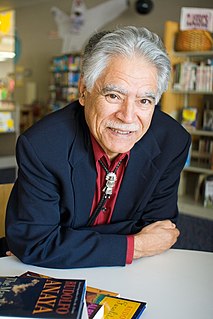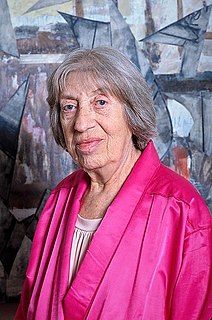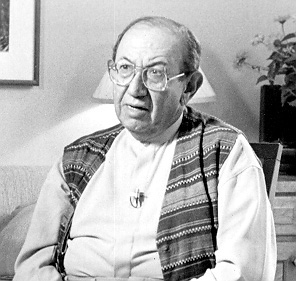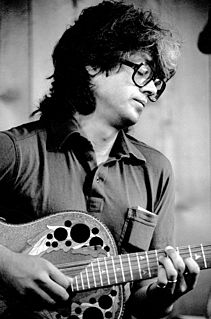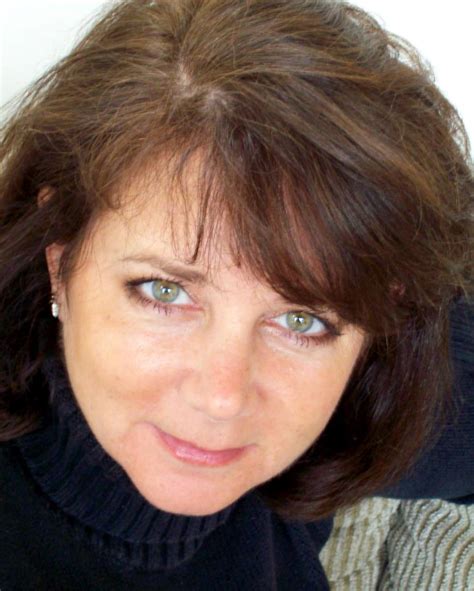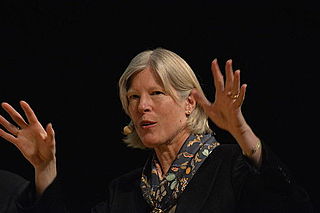A Quote by Rudolfo Anaya
It seemed the more I knew about people the more I knew about the strange magic hidden in their hearts.
Related Quotes
If they were real, then maybe the world was big enough to have magic in it. And if there was magic — even bad magic, and Zach knew it was more likely that there was bad magic than any good kind — then maybe not everyone had to have a story like his father's, a story like the kind all the adults he knew told, one about giving up and growing bitter.
"Only write what you know" is very good advice. I do my best to stick to it. I wrote about gods and dreams and America because I knew about them. And I wrote about what it's like to wander into Faerie because I knew about that. I wrote about living underneath London because I knew about that too. And I put people into the stories because I knew them: the ones with pumpkins for heads, and the serial killers with eyes for teeth, and the little chocolate people filled with raspberry cream and the rest of them.
[When] Johnny Mnemonic was coming out and I realized that all the kids that worked in 7-11 knew more - or thought they knew more - about feature film production than I did. And that was from reading Premiere, that was from this change that came from magazines that treat their readers as players. Magazines that purport to sell you the inside experience.
